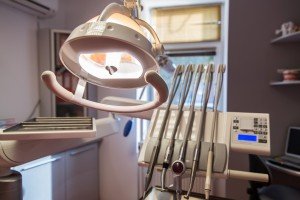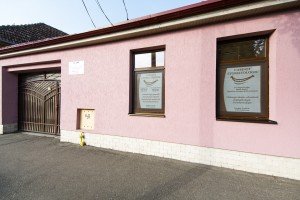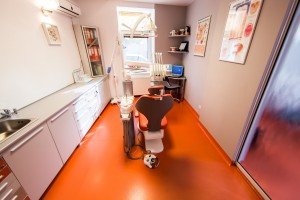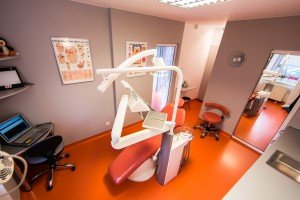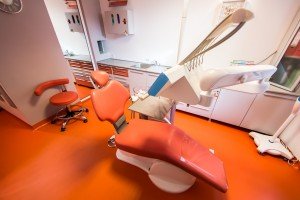ALL CERAMIC INLAYS AND ONLAYS
These are chosen for aesthetic reasons. They are preferred to the traditional amalgam filling and many people choose to replace their fillings with the natural coloured inlays and onlays.
There is another option: composite inlays and onlays which are discussed in another section.
WHAT ARE ALL CERAMIC INLAYS AND ONLAYS?
These inlays and onlays are made from a tough, ceramic material which resembles the natural colour of your own teeth and is extremely attractive to view.
An inlay or onlay is a type of material which is placed inside or over the surface of a decayed or damaged tooth and are seen as a good alternative to a crown. They are made from a variety of materials such as gold or ceramic and cover the top surface of a tooth.
This section discussed the all ceramic or metal free type of inlay and onlay.
ADVANTAGES OF ALL CERAMIC INLAYS AND ONLAYS
The main benefit is that they fit in well with the rest of your teeth. The material used is ‘tooth coloured’ and has a realistic appearance which is good news from a cosmetic point of view.
Many people choose this type of inlay and/or onlay as a replacement for their amalgam fillings. They find this type of filling ugly looking and unsightly and prefer to have a type of filling which is hard to distinguish from the rest of their teeth.
This sometimes form part of an overall ‘smile makeover’ in which various procedures are performed to improve the look of the teeth and as a confidence boost.
There is no risk of the inlays and onlays becoming discoloured over time. They are easy to clean as part of a daily dental routine and provide extra support for a tooth.
DISADVANTAGES OF ALL CERAMIC INLAYS AND ONLAYS
Ceramic is strong and durable but because it is a rigid material it is also at risk of a fracture. If too much pressure is put on the inlay/onlay, for example, biting on an item of hard food then it is liable to break.
It can also cause the tooth to become worn down over time.
HOW ARE ALL CERAMIC INLAYS AND ONLAYS FITTED?
This procedure is the same for all types of inlays and onlays. It involves two visits to the dentist as opposed to the single visit undertaken for a standard filling.
The dentist will explain the procedure to you and will discuss the various types of materials used in inlays and onlays. These include gold, ceramic and composite resin.
The dentist will examine the affected tooth before taking an impression of this using a putty filled mould. This requires you to bite into the dental putty which leaves an imprint of the tooth which will be used to create the inlay or onlay.
The inlay or onlay is fabricated at a dental laboratory.
Your affected tooth will be covered with a temporary inlay or onlay (known as a ‘temp’) during this time.
On your second visit the temp is removed and replaced with your new inlay or onlay. This is secured in place with dental cement before being given a final polish.


